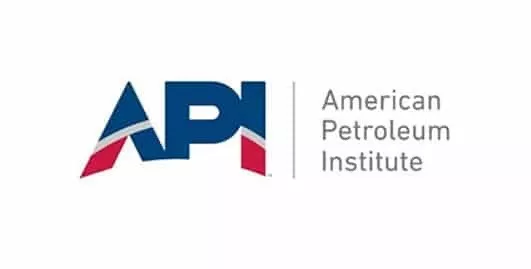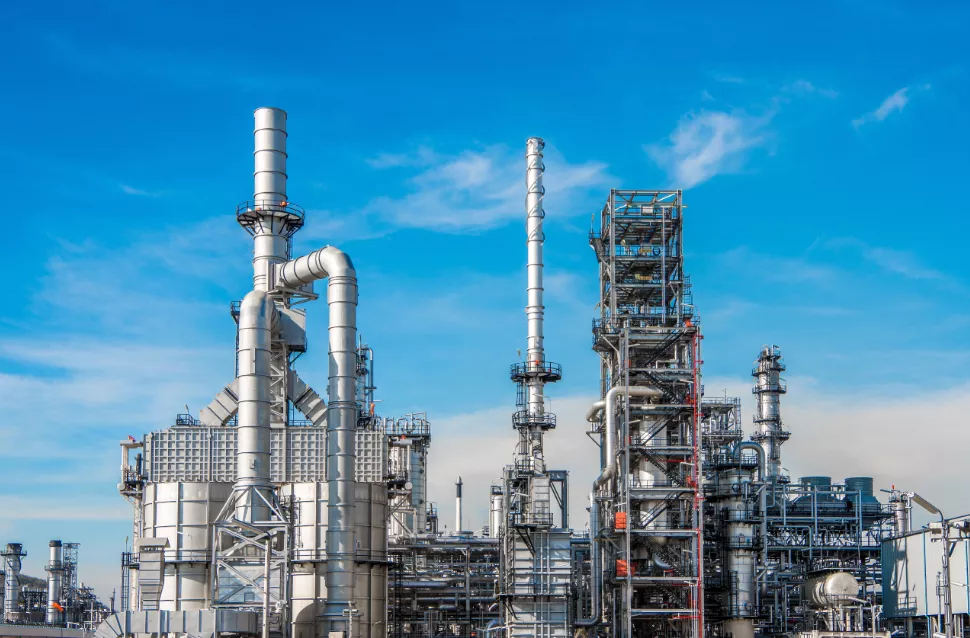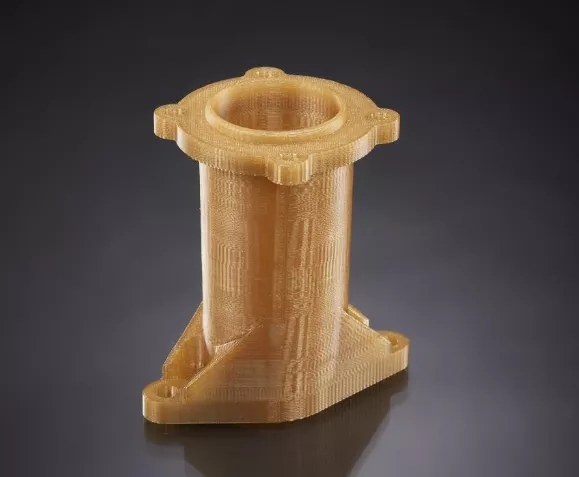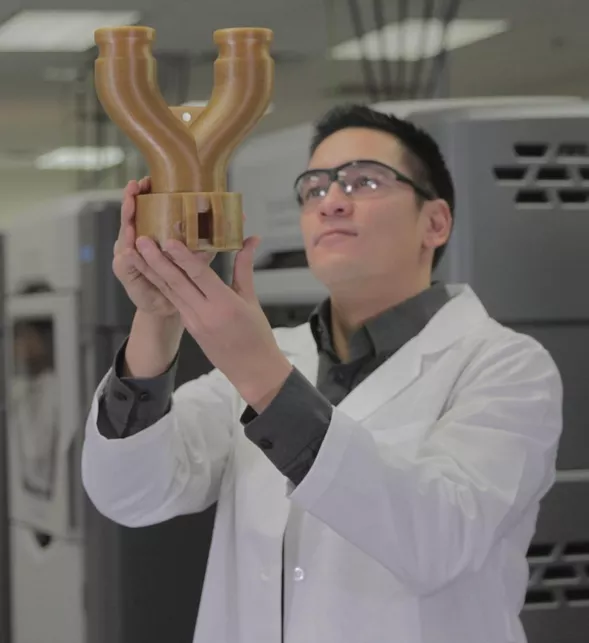API STD 20T: The Standard for Additively Manufactured Polymer-based Components in the Oil & Gas Industries
Additive manufacturing (AM), also known as 3D printing, is a rapidly developing technology that is having a major impact on the oil and gas industry. AM can be used to create complex parts that would be difficult or impossible to manufacture using traditional methods. This can lead to significant improvements in efficiency, productivity, and cost savings.
The new API STD 20T is a new set of standards set forth by the American Petroleum Institute that specifies requirements for the qualification of additively manufactured polymer-based components for use in the petroleum and natural gas industries.

The standard covers the following topics:
- Materials and processes: The materials must be compatible with the operating environment of the component, and the processes must be capable of producing components that meet the required specifications.
- Design and documentation: The design must be optimized for AM, and the documentation must be clear, concise, and complete.
- Manufacturing and quality control: The manufacturing process must be qualified to ensure that the component meets the required specifications, and a quality control program must be in place to verify the quality of the components.
- Testing and inspection: The components must be tested to verify their performance and safety, and they must be inspected to ensure that they meet the required specifications.
- Marking and traceability: The components must be marked to identify them and to track their history, and they must be traceable to their original manufacturing process.

The role of the feedstock supplier and equipment manufacturer
The API STD 20T standard also specifies the roles and responsibilities of the feedstock supplier and equipment manufacturer. The feedstock supplier is responsible for providing the materials that are used in the additive manufacturing process. The equipment manufacturer is responsible for providing the equipment that is used to manufacture the components.
The feedstock supplier must have a quality management system (QMS) that is certified to ISO 9001. The feedstock supplier must also provide documentation for each lot of materials that they supply. This documentation must include the following information:
- The material identification
- The material properties
- The manufacturing process
- The quality control results
The equipment manufacturer must provide the customer with documentation for the operation and calibration of the equipment. The documentation must include the following information:
- The operating instructions
- The calibration procedures
- The maintenance schedule
The customer is responsible for ensuring that the feedstock and equipment meet the requirements of the API STD 20T standard. The customer must also develop a quality control program to verify the quality of the components.
Stratasys and API STD 20T
Stratasys 3D printers and materials are used in a wide variety of industries, including the oil and gas industry.

(Stratasys Material Ultem 1010)
Stratasys is committed to providing customers with additive manufacturing solutions that meet the highest standards of safety, reliability, and quality. API STD 20T is an important standard in the oil and gas industry, and Stratasys is confident that its printers and materials are compliant with the standard. Specific examples include:
- Developing a qualification process for Stratasys 3D printers and materials that includes testing and inspection to ensure that they meet the requirements of the standard.
- Providing documentation for Stratasys 3D printers and materials that includes information on the material properties, manufacturing process, and quality control results.
- Working with customers to help them qualify their additive manufacturing processes. This includes providing training, technical support, and software tools.
Conclusion
API STD 20T is a valuable resource for the oil and gas industry. The standard provides a framework for the qualification of additively manufactured polymer components, which will help to ensure their safety, reliability, and cost-effectiveness.

Stratasys is a leading provider of 3D printing solutions that are compliant with API STD 20T. Stratasys is committed to providing customers with the highest quality additive manufacturing solutions.
More 3D Printing News
PostProcess Technologies DEMI 4000 Series: Go Big or Go Home
GrabCAD Print Pro: Enhance Efficiency & Streamline Workflows
Revolutionizing Manufacturing: GoEngineer and Velo3D at the Forefront of Additive Manufacturing
Ultimate Guide to PolyJet: Applications, Advantages, History, & More

About Richard Cromwell
Richard Cromwell is an Additive Manufacturing Applications Engineer based out of Auburn Hills, MI, having recently joined the team in February 2020. He is a Certified Stratasys Applications Engineer and holds a degree in Technological Science with a specialization in CAD from Oakland Community College in Auburn Hills. Before delving fully into his passion for additive manufacturing and 3D CAD modeling, Richard honed his mechanical design, CAM, and custom fabrication skills while working for over a decade as a renowned craftsman creating custom retrofit piano actions for many of the world’s most prized musical instruments.
Get our wide array of technical resources delivered right to your inbox.
Unsubscribe at any time.